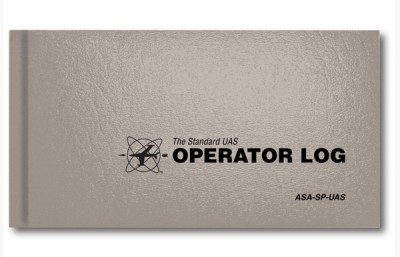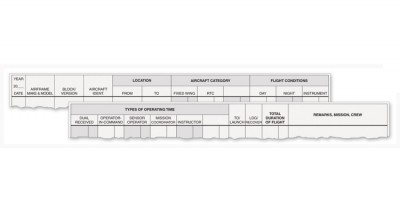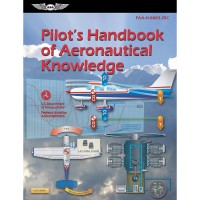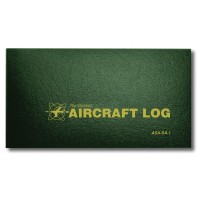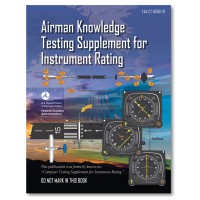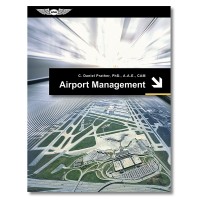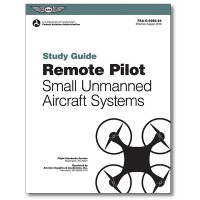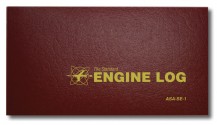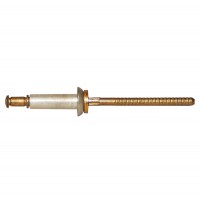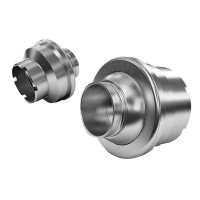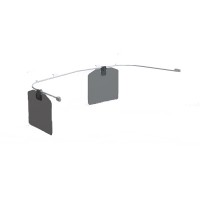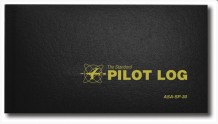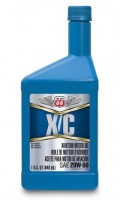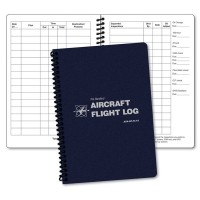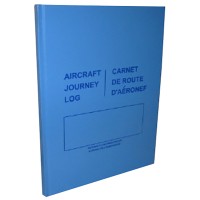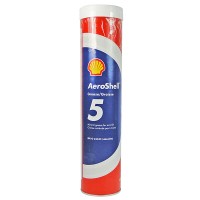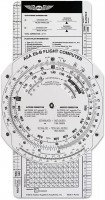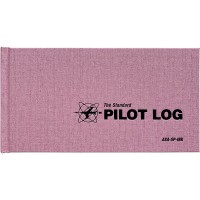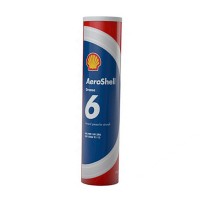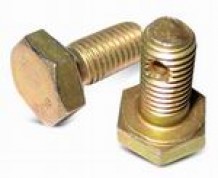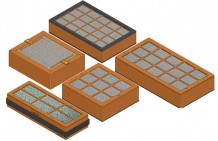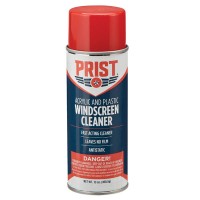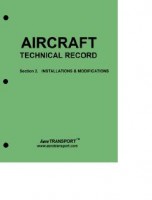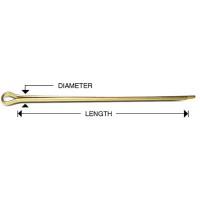1-877-795-2278 | info@aircraftspruce.ca
Aircraft Spruce Canada
Brantford, ON Canada
Corona, CA | Peachtree City, GA
Chicago, IL | Wasilla, AK
Aircraft Spruce Canada
Brantford, ON Canada
Corona, CA | Peachtree City, GA
Chicago, IL | Wasilla, AK
FREE SHIPPING ON ORDERS OVER $699 (SOME EXCLUSIONS APPLY) | 877-795-2278
ASA Standard Uas Operator Log - Grey
$18.50/Each
Part# 13-18544
MFR Model# ASA-SP-UAS1
MFR Model# ASA-SP-UAS1
Overview
|
The Standard UAS Operator Log meets the needs of civilian, military, hobbyists, and professional operators alike so that critical flight details can be tracked. It provides record-keeping for flight operations of small and large unmanned aircraft systems (UAS) or unmanned aerial vehicles (UAV), remote-control aircraft (R/C), remotely piloted aircraft (RPA), and drones. The logbook has sufficient room for more than 300 flights with space to record the equipment details, location, aircraft category, flight conditions, type of operating time (dual received, pilot or operator in command, sensor operator, mission coordinator, instructor and a blank column usable for payload operator, when an aircraft is armed, or other details pertinent to the operation), number of takeoff/launch and landing/recovery, and the total duration of the flight. The remarks area provides space to note the mission, crew, control method (such as RC, first person view or RPV and autonomous), battery number and configuration or other information to correlate to the flight controller mission logs. It also includes a summary page for Owner/Operator (such as contact details, certificates and ratings, and recurrency training), a briefing/academic instruction log, summary page for equipment and hours flown, and initial and recurrent training endorsements. The finest and most versatile logbooks for aviators, ASA's logbooks have been "The Standard" of the industry for over 30 years and comply with government and insurance requirements, as well as employment record keeping. |
Specifications
- Dimensions: 7-3/4" x 4"
- Page Count: 104 pages.
Q&A
Please note, Aircraft Spruce Canada's personnel are not certified aircraft mechanics and can only provide general support and ideas, which should not be relied upon or implemented in lieu of consulting an A&P or other qualified technician. Aircraft Spruce Canada assumes no responsibility or liability for any issue or problem which may arise from any repair, modification or other work done from this knowledge base. Any product eligibility information provided here is based on general application guides and we recommend always referring to your specific aircraft parts manual, the parts manufacturer or consulting with a qualified mechanic.

 Aircraft Spruce Canada
Aircraft Spruce Canada
